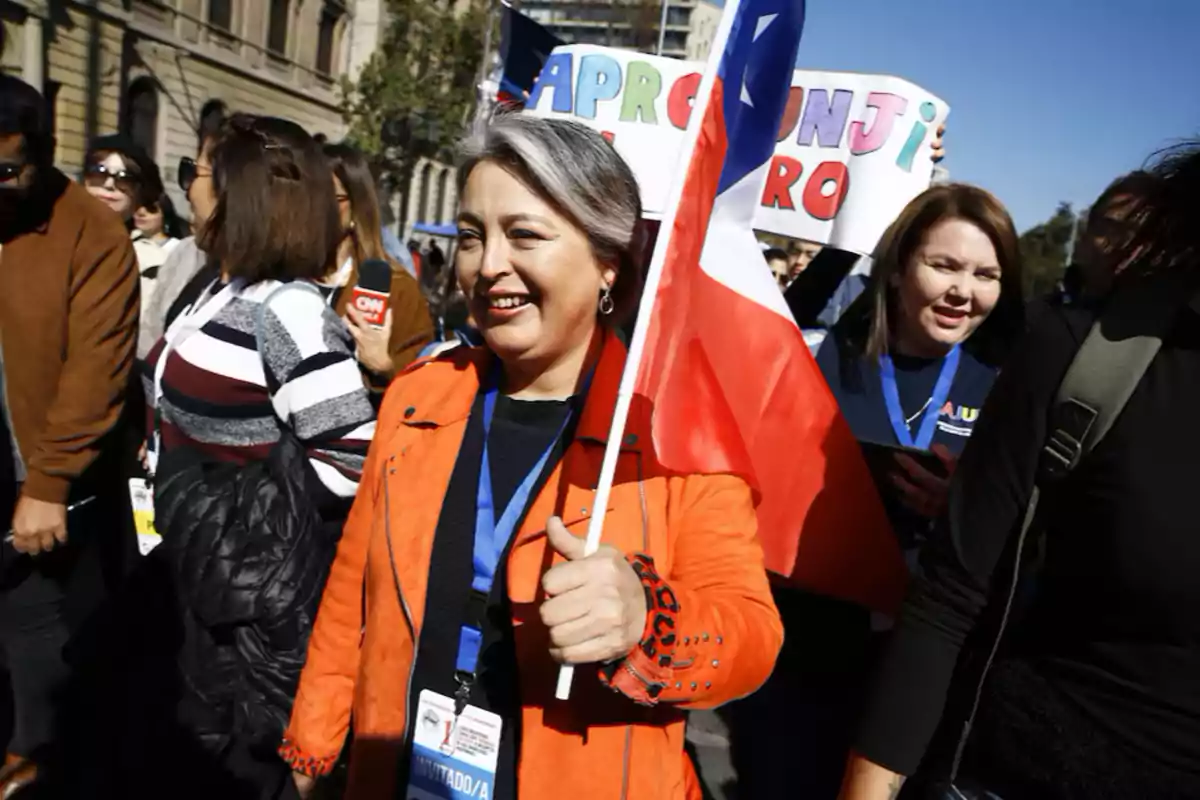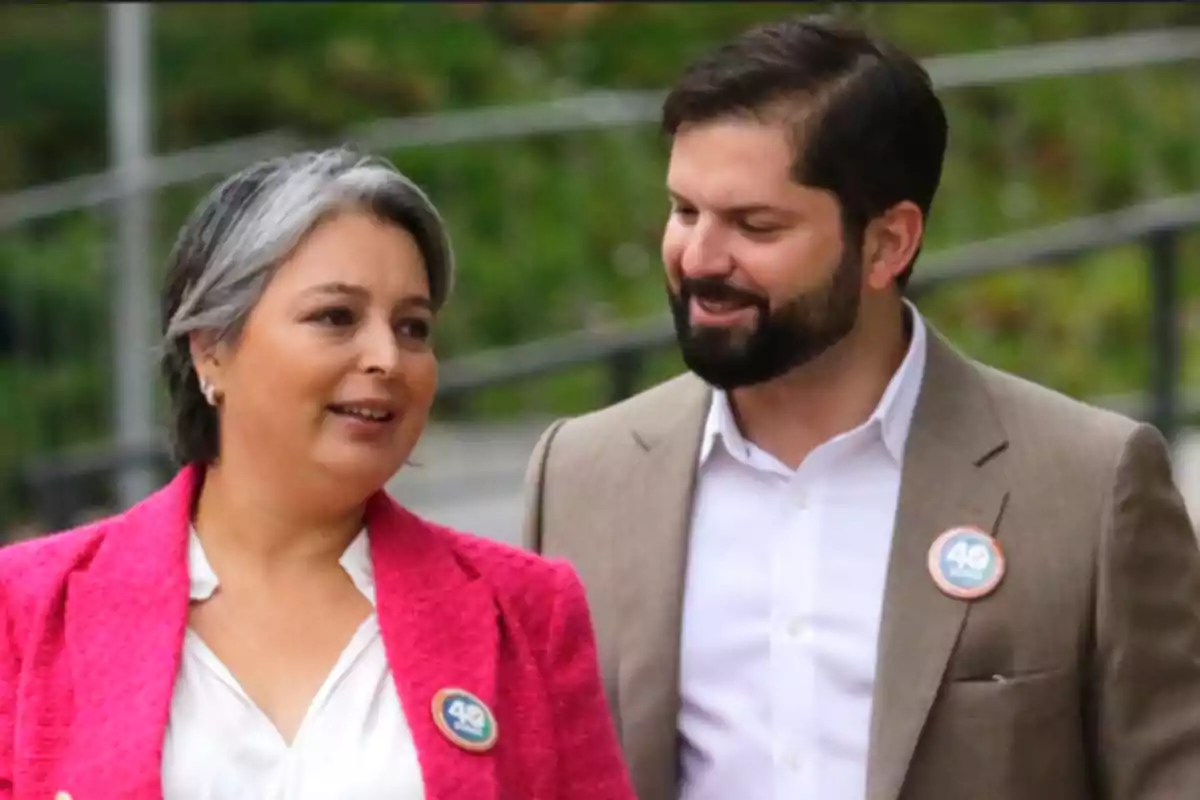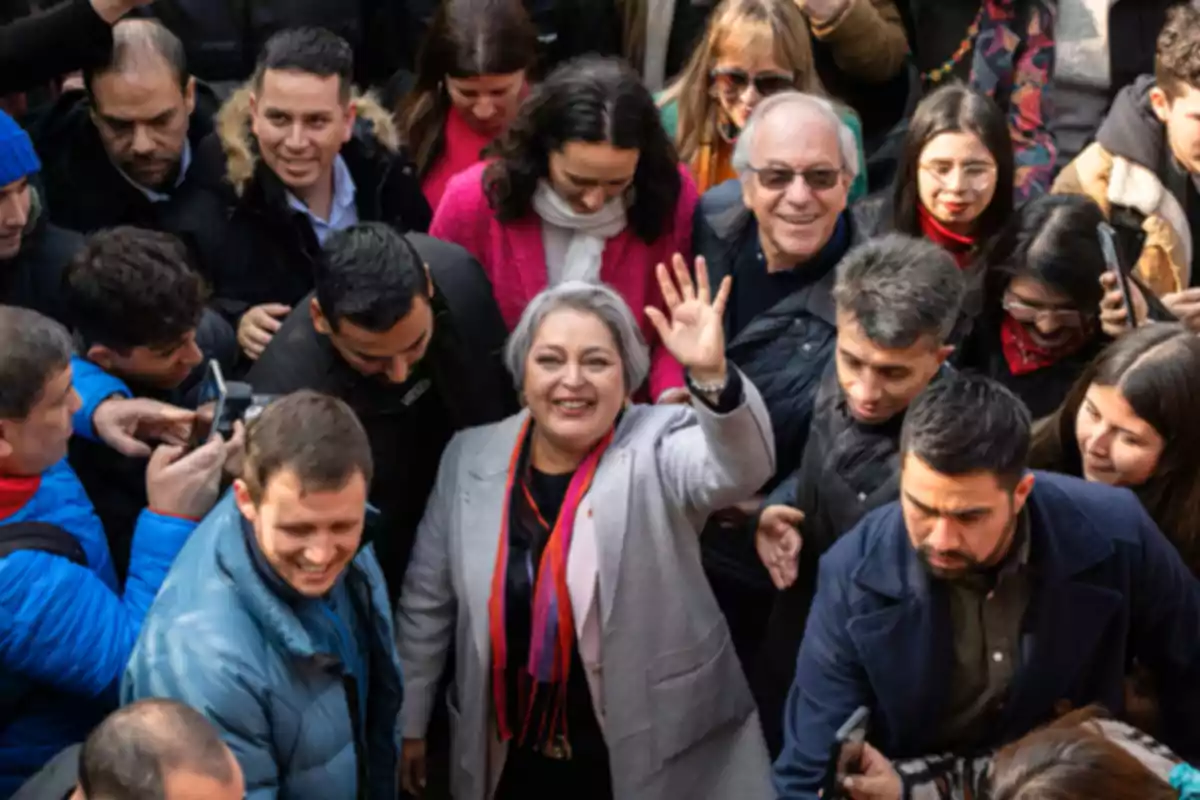
Boric's party lost the left-wing primaries to the Communist Party
Chile shifts even further to the left: Communist Jeannette Jara will be the official presidential candidate
In a decision that marks an even sharper turn to the left, the ultra-communist Jeannette Jara, former Minister of Labor in Gabriel Boric's government and leader of the Communist Party of Chile, emerged as the winner this Sunday, June 29 in the officialist bloc's presidential primaries"Unidad por Chile". With about 45% of the votes counted, Jara received more than 60% of the ballots, clearly defeating her main rival, the social democrat Carolina Tohá, former Minister of the Interior in the current administration.
Jara's victory represents an unprecedented event since the return to democracy in 1990: for the first time, a communist leader will head the unified presidential candidacy of the Chilean left. The decision took place within the framework of primaries that brought together the main forces of the ruling progressive coalition, including Frente Amplio, the Communist Party, Democratic Socialism, and the Regionalist Green Social Federation.

Jara, 49 years old, is a lawyer by profession and has a long history in left-wing activism. Her political career began in 1997 as president of the Student Federation at the University of Santiago de Chile (FEUSACH). She later served as Undersecretary of Social Security during Michelle Bachelet's second government, and in 2022 she was appointed Minister of Labor by President Boric. From that position, she promoted "emblematic" projects of the administration such as the reduction of the workweek to 40 hours and a pension system reform with a strong state imprint.
Despite Jara's victory, the general electoral scenario remains unfavorable for the left. The primaries were held with voluntary voting, both in Chile and abroad, amid polls that place opposition candidates in the leading positions in voting intention. The polls are led by Evelyn Matthei, from the center-right coalition Chile Vamos, and by the republican José Antonio Kast, who represents the country's most conservative sectors.

The internal process of the ruling bloc was presented as a mechanism to organize an ideologically fractured space among communists, social democrats, and sectors of Frente Amplio, but in the weeks leading up to the election, tensions surfaced. Although the campaign began without major confrontations, the atmosphere became more tense as the election date approached, revealing the difficulties in achieving programmatic unity within the ruling left.
In this context, Jara's victory could deepen the challenges of unifying a ruling coalition that will have to face in November a strengthened opposition aligned with an agenda of security, economic growth, and institutional order, issues that currently concentrate the main concerns of the Chilean electorate.
More posts: